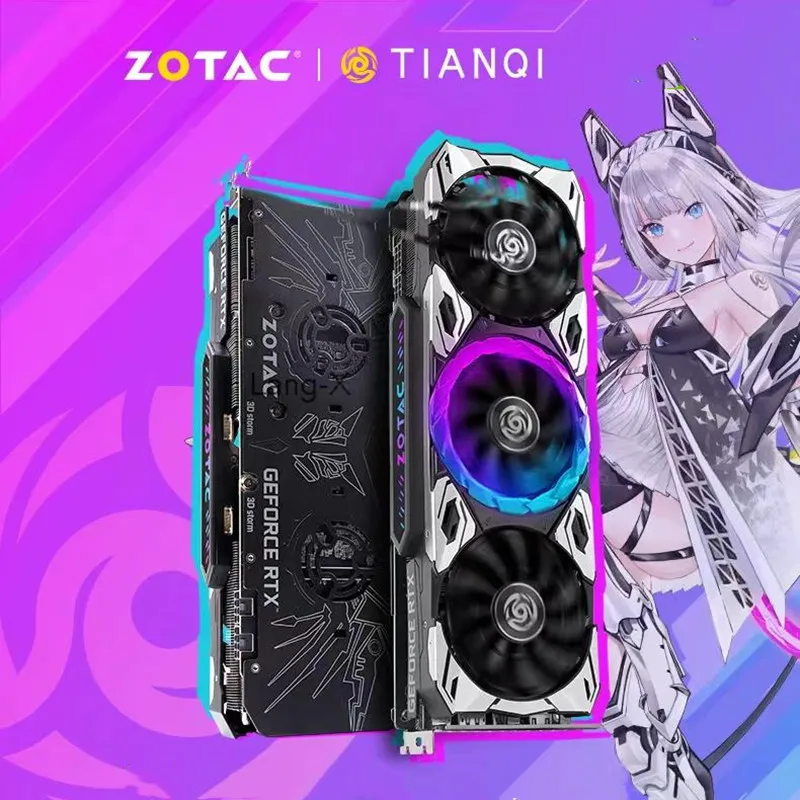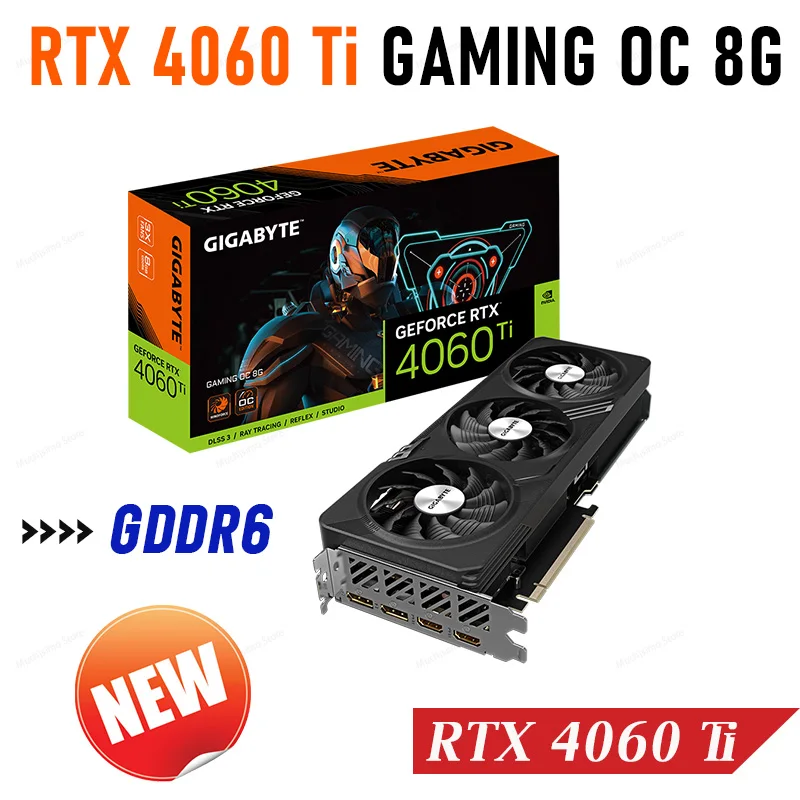How to Import a Graphics Card from China: Your Essential Guide
Importing a graphics card from China involves researching reliable suppliers, understanding customs regulations, and preparing necessary documentation. To ensure a successful process, verify suppliers, request product samples, and be aware of applicable customs duties and taxes.
Are you interested in learning how to import a graphics card from China? Navigating the complexities of international purchasing can be daunting, but with the right knowledge, you can make informed decisions. This guide will provide clear steps and helpful tips to ensure you successfully import a graphics card from China, avoiding common pitfalls along the way.














Steps to Import a Graphics Card from China
Importing a graphics card from China can be an exciting yet challenging process. Here are the steps you need to follow for a smooth import experience.
1. Research and Select a Supplier
Begin by conducting thorough research to identify reliable suppliers in China. Websites like Alibaba, Made-in-China, and Global Sources are great starting points. Look for suppliers with positive reviews, verified status, and a proven track record in the industry.
2. Contact the Supplier
Once you have identified potential suppliers, reach out to them. Ask questions regarding the product specifications, pricing, minimum order quantity (MOQ), shipping options, and payment terms. Clear communication is vital to prevent misunderstandings.
3. Request Samples
Before committing to a large order, request samples of the graphics card. This will help you verify the product quality and ensure it meets your requirements.
4. Negotiate Terms
Negotiate pricing and terms with your supplier. It’s crucial to finalize details such as bulk pricing, shipping timeframes, and payment methods, which may include PayPal or bank transfers.
5. Place Your Order
After settling on the terms, place your order. Ensure to keep all correspondence for future reference. Confirm the order details, including product specifications and quantities.
6. Arrange Shipping
Discuss shipping methods with your supplier. Options typically include air freight, sea freight, or courier services. Air freight is faster, while sea freight is more cost-effective for larger shipments.
7. Prepare for Customs
Understand the customs regulations in your country concerning electronic imports. Ensure you have all necessary documents, such as invoices and shipping details, to avoid delays when the package arrives.
8. Track Your Shipment
After shipping, keep track of your order using the tracking number provided. This allows you to stay informed of its location and anticipated delivery date.
9. Receive and Inspect Your Order
Once the graphics card arrives, inspect it thoroughly for any damages or discrepancies from your order. If everything is in order, proceed with installation and enjoy your new graphics card!
Top Tips for a Successful Import Process
To ensure a successful import process when acquiring a graphics card from China, consider these top tips:
1. Verify the Supplier
Always check the reputation of your supplier. Look for ratings, feedback from customers, and business licenses. This helps to avoid scams and low-quality products.
2. Understand Import Regulations
Familiarize yourself with your country’s import regulations regarding electronics. Make sure to adhere to all legal requirements to prevent issues during customs clearance.
3. Utilize Quality Inspection Services
Before shipping, use quality inspection services to check the product. This will ensure that the graphics card meets your standards and reduces the chance of receiving defective items.
4. Clarify Payment Terms
Negotiate clear payment terms with your supplier. Secure payment methods like PayPal or Escrow services can safeguard your transaction.
5. Keep Documentation Organized
Maintain organized records of all communications, invoices, and shipping documents. This will assist in tracking your shipment and will be helpful if issues arise.
6. Plan for Shipping Delays
Be aware that shipping from China can sometimes face delays. Plan your import timeline accordingly and allow extra time for unforeseen circumstances.
7. Prepare for Customs Duties
Understand the customs duties and taxes applicable to your import. Budget for these additional costs to avoid surprises upon receiving your graphics card.
8. Build a Relationship with Your Supplier
Maintain regular communication with your supplier. Developing a good relationship can lead to better prices and priority service in the future.
9. Test the Product Immediately
Upon receiving your graphics card, test it right away. This will allow you to address any issues with your supplier promptly.
Understanding Customs Regulations for Graphics Cards
Understanding customs regulations for importing graphics cards is essential for a smooth import experience. Here are key points to consider:
1. Know Your Country’s Regulations
Each country has specific regulations regarding electronics imports. Familiarize yourself with these rules to avoid potential issues with customs.
2. Classification of Graphics Cards
Graphics cards are often classified under specific tariff codes. Determine the correct classification to understand the applicable duties and taxes on your import.
3. Required Documentation
You will need to prepare several documents for customs clearance. Common documents include:
- Commercial invoice
- Packing list
- Bill of lading
- Import permits (if required)
4. Customs Duties and Taxes
Customs duties are fees applied to goods when they are imported. Research the duty rates for graphics cards in your country to budget appropriately.
5. Import Limits
Some countries may have restrictions on the number of graphics cards you can import at one time. Check if any limits apply to avoid complications.
6. Engage a Customs Broker
If you’re unsure about the process, consider hiring a customs broker. They can guide you through regulations, paperwork, and help ensure compliance.
7. Stay Updated
Customs regulations can change frequently. Regularly check for updates from customs authorities to remain informed about any new policies that may affect your import.
FAQ – Frequently Asked Questions About Importing Graphics Cards from China
What documents do I need to import a graphics card?
You will need a commercial invoice, packing list, bill of lading, and any necessary import permits.
Are there customs duties when importing graphics cards?
Yes, customs duties are applied based on your country’s regulations. Make sure to research the applicable rates.
How can I ensure the quality of the graphics card before import?
Request samples from the supplier and consider using quality inspection services to verify the product before shipping.
What is the best way to find a reliable supplier in China?
Use reputable platforms like Alibaba or Global Sources. Check ratings, reviews, and verified statuses to find trustworthy suppliers.
What should I do if my graphics card gets damaged during shipping?
Inspect the product immediately upon arrival and contact your supplier to report any damages. Keep records of all communications.
Is it necessary to hire a customs broker for importing graphics cards?
While not necessary, hiring a customs broker can simplify the process and ensure compliance with regulations.